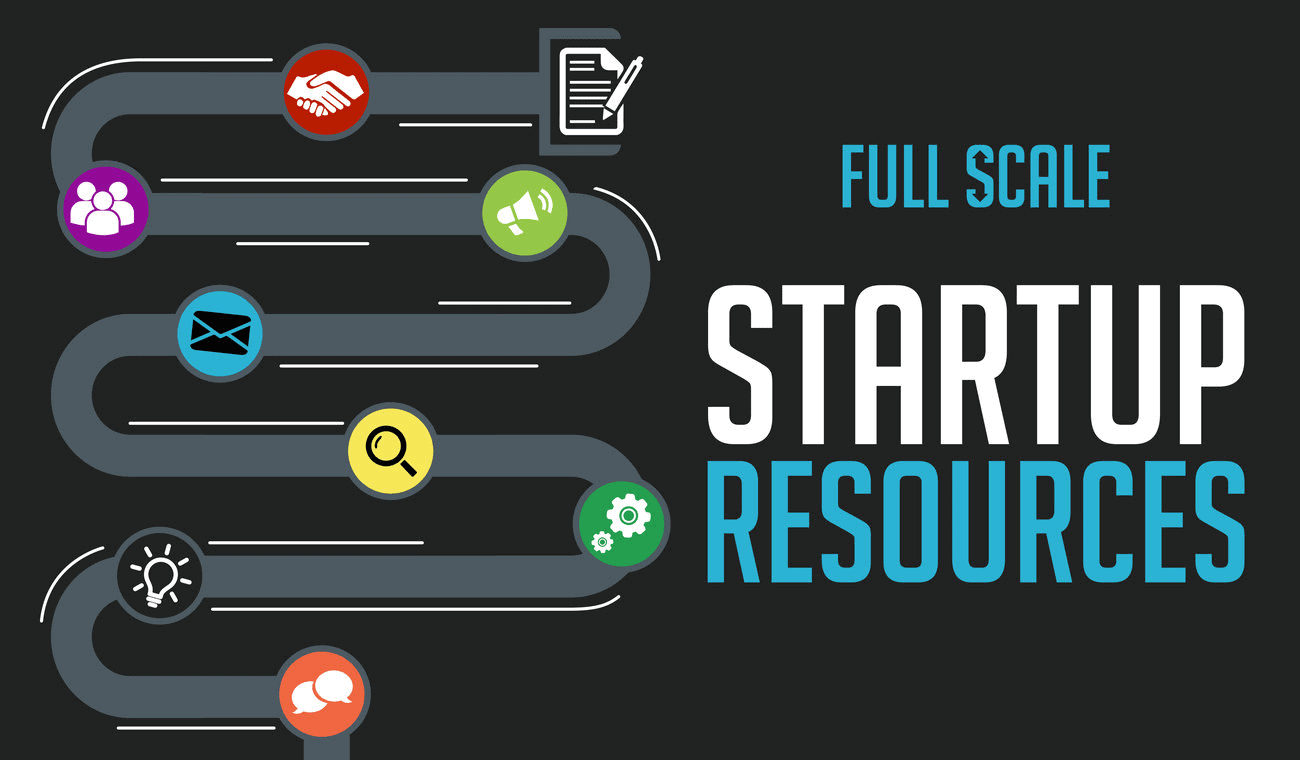Essential Business Resources for Launching Your Startup
Introduction
Starting a new startup is an exciting journey filled with possibilities, but success requires careful planning and the right business resources. Whether you’re venturing into the tech world, launching a service-oriented business, or creating a product-based company, certain fundamental resources are crucial for a successful start. In this blog, we’ll explore the key elements you need to consider when kickstarting your entrepreneurial journey.
1) Clear Vision and Mission:
Before diving into the nitty-gritty details, it’s vital to have a clear vision and mission for your startup. Define your goals, target audience, and the problem your product or service aims to solve. This foundational understanding will guide your decision-making throughout the startup process.
- Clearly define your startup’s goals, target audience, and the specific problem it aims to solve.
- Establish a mission statement that reflects the values and purpose of your business.
2) Comprehensive Business Plan:
A well-structured business plan serves as your roadmap. It should outline your business concept, market analysis, revenue model, marketing strategy, and financial projections. A thorough plan not only attracts potential investors but also acts as a reference point for your team.
- Develop a well-structured business plan that includes a thorough market analysis and identifies your target market.
- Outline a detailed financial projection, covering initial setup costs and operational expenses.
3) Talented Team:
Surround yourself with a skilled and motivated team. Look for individuals who share your passion and bring diverse expertise to the table. Building a strong team is essential for overcoming challenges and driving your startup towards success.
- Assemble a team with diverse skills and expertise relevant to your industry.
- Foster a collaborative and motivated work environment to enhance team cohesion.
4) Sufficient Funding:
Adequate funding is the lifeblood of any startup. Identify potential sources, such as personal savings, loans, angel investors, or venture capital. Create a realistic budget that covers initial setup costs, operational expenses, and allows for scalability.
- Identify multiple funding sources, including personal savings, loans, angel investors, or venture capital.
- Create a realistic budget that encompasses initial setup costs, day-to-day operations, and allows for scalability.
5) Technology Infrastructure:
Depending on your industry, invest in the right technology infrastructure. This may include software, hardware, and online platforms necessary for daily operations, project management, and communication.
- Invest in technology that aligns with your business needs, whether it’s project management software, communication tools, or industry-specific platforms.
- Ensure your technology infrastructure supports both current and future growth.
6) Legal Guidance:
Ensure your startup complies with local regulations and industry standards. Consult with legal professionals to handle the necessary paperwork, contracts, and trademark issues. Securing your intellectual property is crucial for long-term success.
- Seek legal counsel to navigate local regulations and industry standards.
- Protect your intellectual property through trademarks and contracts.
7) Marketing and Branding:
Develop a strong brand identity and create a marketing strategy to reach your target audience. Utilize digital marketing, social media, and content creation to build awareness and attract customers.
- Develop a strong brand identity that resonates with your target audience.
- Craft a comprehensive marketing strategy that leverages digital platforms for maximum reach.
8) Workspace:
Consider your workspace needs, whether it’s a physical office, a co-working space, or a virtual setup. A conducive work environment fosters productivity and team collaboration.
- Choose a workspace that suits your business needs, whether it’s a physical office, co-working space, or a virtual setup.
- Ensure the workspace promotes productivity and collaboration among team members.
9) Networking Opportunities:
Connect with other entrepreneurs, industry experts, and potential clients. Attend conferences, workshops, and networking events to build valuable relationships that can offer support, guidance, and potential collaborations.
- Attend conferences, workshops, and networking events to establish connections within your industry.
- Build relationships with other entrepreneurs, potential clients, and industry experts.
10) Flexibility and Adaptability:
The business landscape is ever-evolving. Stay agile and be prepared to adapt your strategies based on market feedback and changing trends. Embrace a culture of continuous learning and improvement.
- Stay flexible and ready to adapt your strategies based on market feedback and changing trends.
- Foster a culture of continuous learning and improvement within your startup.
Conclusion – Essential Business Resources
Launching a startup is undoubtedly challenging, but with the right business resources and a solid plan, you can set the stage for success. By combining your passion with strategic thinking, you’ll be well-positioned to navigate the startup landscape and turn your vision into a thriving business.
Stay connected with us on social media for regular updates, tips, and engaging content:
- Facebook: Follow us now
- Twitter: Follow us now
- Instagram: Follow us now
We’d love to hear your thoughts! Share your favorite online business idea or tell us if you’ve already embarked on an entrepreneurial journey. Your insights and experiences could inspire others on their path to success. Drop a comment below and let’s build a community of online innovators!




One thought on “Essential Business Resources for Launching Your Startup”